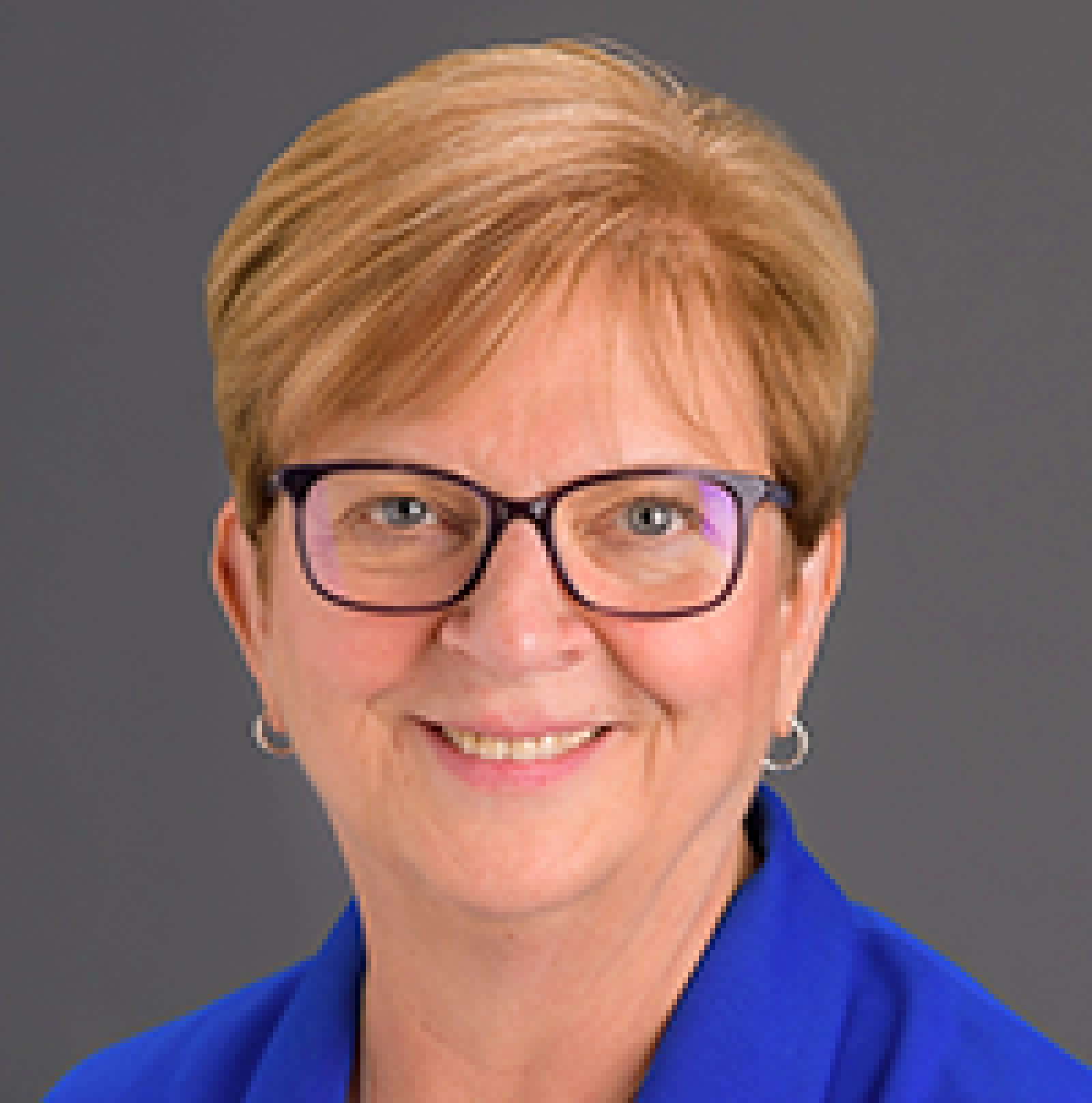‘Be proactive,’ peer support expert tells fellow supporters

Susan D. Scott, Ph.D., R.N.
Peer support programs for health care practitioners and workers have evolved over the past two decades and remain a vital tool in the aftermath of difficult patient outcomes, medical errors and other on-the-job stressors.
Speaking to a group of trained Massachusetts peer supporters earlier this month, Susan D. Scott, Ph.D., R.N., Nurse Scientist at University of Missouri Health Care, emphasized the need to be proactive in reaching out to a colleague who may be experiencing difficult emotions.
“Don’t wait until your colleague or co-worker starts to show signs of distress. Go ahead and proactively reach out,” she said. “I’d rather have a false negative than to have an individual go home and process the events that have transpired under their watch on their own.”
Scott’s presentation was organized by the Betsy Lehman Center as a collaborative learning opportunity for trained peer supporters across Massachusetts.
In addition to providing technical assistance to hospitals and other health care organizations that host an internal peer support program, the Betsy Lehman Center has built a robust network of trained peer supporters available to anyone in the state’s medical community who is experiencing difficult emotions and would like to talk to a peer. Learn more about the Virtual Peer Support Network.